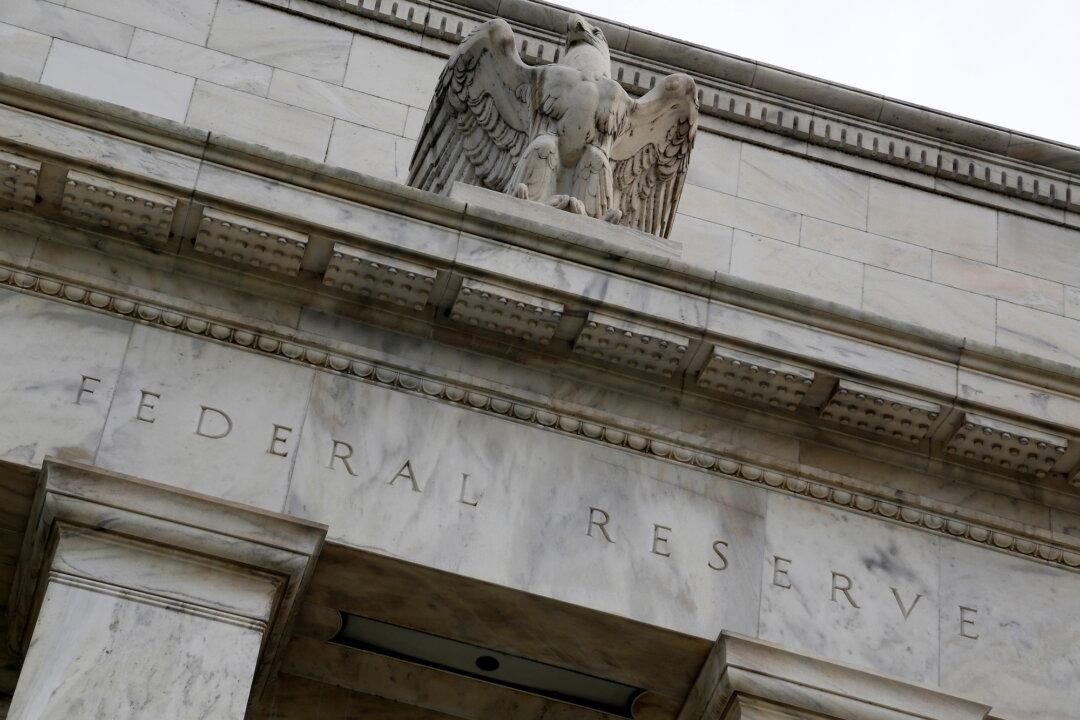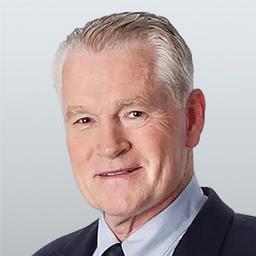Commentary
Savvy investors adhere to an ancient adage and do not oppose the Federal Reserve. In 2020, as the severity of COVID-19 became clear for the first time, the Federal Reserve cut interest rates to zero. They then embarked on an unprecedented bond-buying program that flooded the world with enough liquidity to not only prevent the mother of all stock market crashes but also set the Dow Jones on its way to almost doubling from 19,000 to over 36,000. Thus, even with the globe on the edge of a catastrophic pandemic that might kill tens of millions and evolve into a virus capable of killing hundreds of millions, the Federal Reserve’s immense authority could avoid a worldwide financial meltdown.





